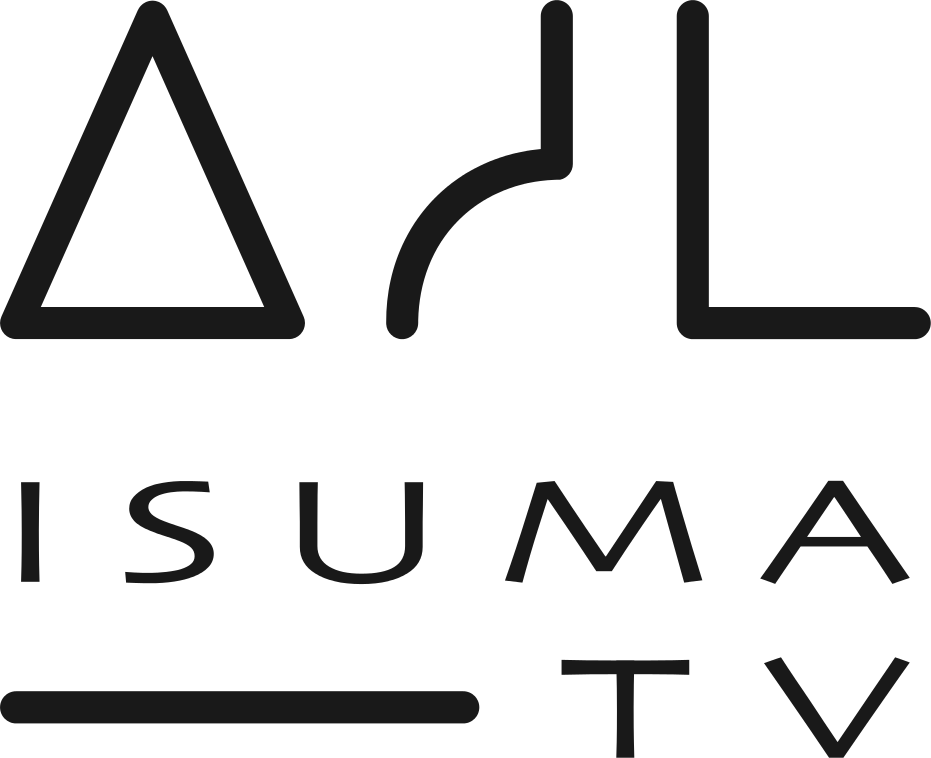
Nunavut Government officially endorse uranium mining
More uranium mining planned for Nunavut
Two weeks ago, the Government of Nunavut officially announced their support of uranium mining in Nunavut when they presented their official policy to the legislative assembly. The policy was presented by Peter Taptuna, who is Minister of Economic Development and Transport, and Minister Responsible for Mines. The government has stated that, “the Government of Nunavut regards mining as an important potential source of revenues to meet the needs of Nunavut’s growing population and also as a potential source of employment and associated skills development for Nunavummiut.”
At the same time they are aware that “uranium exploration and mining places special responsibilities on government because of the nature of uranium and its by-products, the history of its use for both peaceful and non-peaceful purposes, and its potential risks to human health and the environment.” The government stated they would support uranium mining on their land as long as these five fundamental principles were respected:
1. Uranium mined in Nunavut shall be used only for peaceful and environmentally responsible purposes.
2. Nunavummiut must be the major beneficiaries of uranium exploration and mining activities.
3. The health and safety of workers involved in uranium exploration and mining and all Nunavummiut shall be protected to national standards.
4. Environmental standards must be assured for uranium exploration and mining, especially for the land, water and wildlife.
5. Uranium exploration and mining must have the support of Nunavummiut, with particular emphasis on communities close to uranium development.
This decision by the government has come under serious criticism by the uranium-watchdog Makita, an independent, non-governmental Inuit organization whose goal is to provide accurate and unbiased information regarding uranium mining in Nunavut, “to promote public awareness of the cumulative social, environmental and health impacts of uranium, uranium exploration, mining and development in the Territory of Nunavut.”
Makita argues that the consultation process that occurred prior to the government’s official decision was biased. “This outcome was predictable, as the consultation process was biased from outset,” says Sandra Inutiq, chair of Nunavummiut Makitagunarningit. Makita is criticizing the Nunavut Government for hiring Golder and Associates to conduct the background document, “a consultancy that depends on the mining industry (including uranium mining)” says Inutiq. According to Inutiq, the government should have developed the documents internally or hired an independent consultant to give a more balanced and objective assessment. “Golder should not be expected to produce a document on its own that could put its primary clients in a bad light” Inutiq stated in an article for the CBC.
Whether the decision was biased or not, it is obvious that the Government of Nunavut is very serious about uranium mining prospects in the territory. Other than the proposed Kiggavik uranium project, which is currently undergoing its environmental impact assessment by the Nunavut Impact Review Board, there are many other proposed uranium mines currently in the exploration stages. These include Cameco Corp’s Turqavik-Aberdeen project, which has two claims about 85 km west of the town of Baker Lake, and Kivalliq Energy Corp’s massive 252, 830 acre Angilak Property. They have invested $20 million into their 2012 exploration program. Kivalliq Energy CEO Jim Paterson has said that this project is likely to be “one of the largest exploration programs on the planet for a uranium junior.” Their main deposit is the one around Lac Cinquante, which holds an estimated 1.8 million tons of high-grade oxide.
The deposits were on Inuit-owned land and so the company had to make a financial deal with the NTI according to the rules of the Nunavut Land Claims Agreement. The deal has not been made public, so very few people know what the Inuit-entitled financial benefits from the project are.
With these large-scale mining projects across the horizon, and the potential serious health and environmental risks involved in uranium mining, the need for a rigorous and well-organized consultation and impact assessment process is crucial. "There is no leadership in Nunavut when it comes to important decision-making regarding high risk and unethical resource extraction activity" Sandra Inutiq said after the recent NTI and GN consultation process. This starts from the top; both the Government of Nunavut and NTI need to be clear with their intentions, positions, and make an effort to be more transparent in their dealings with mining companies. This is necessary if they want to be trusted as the leaders of fair and just resource extraction in the Canadian arctic.















